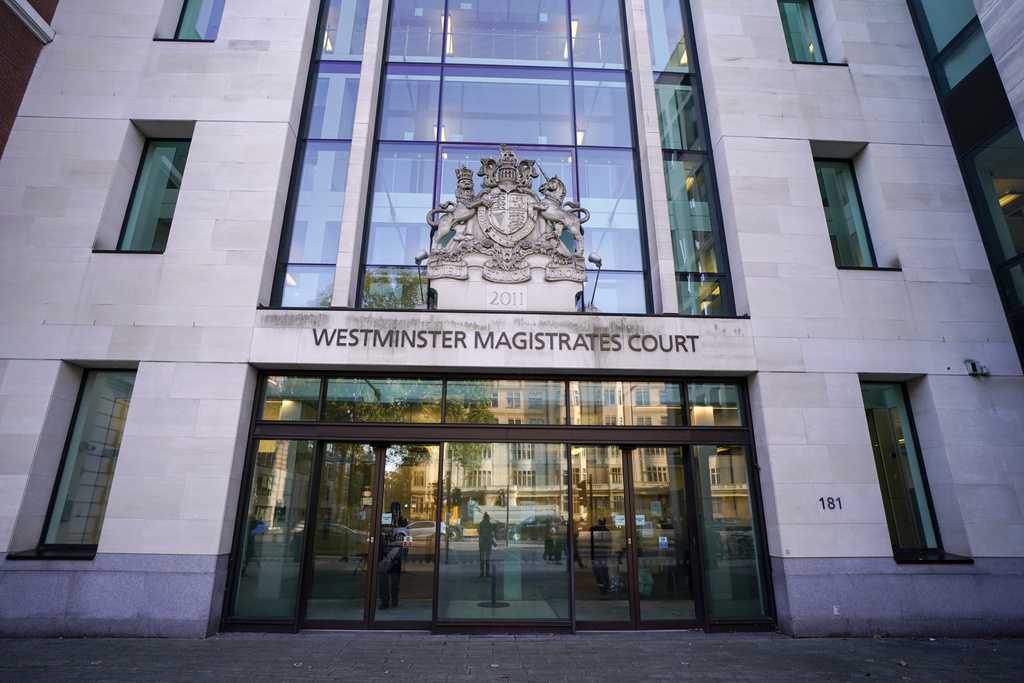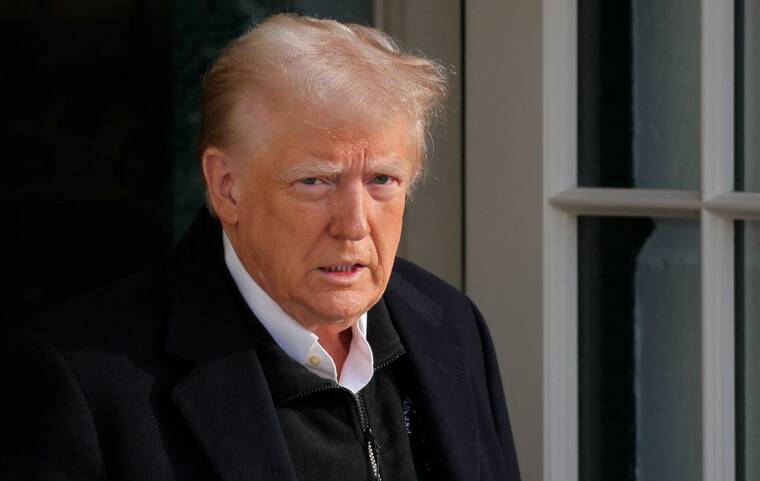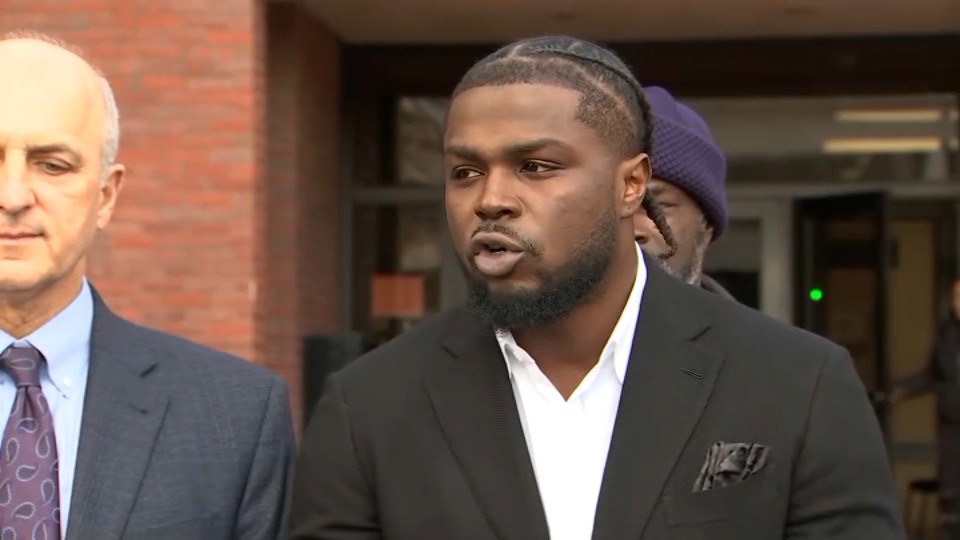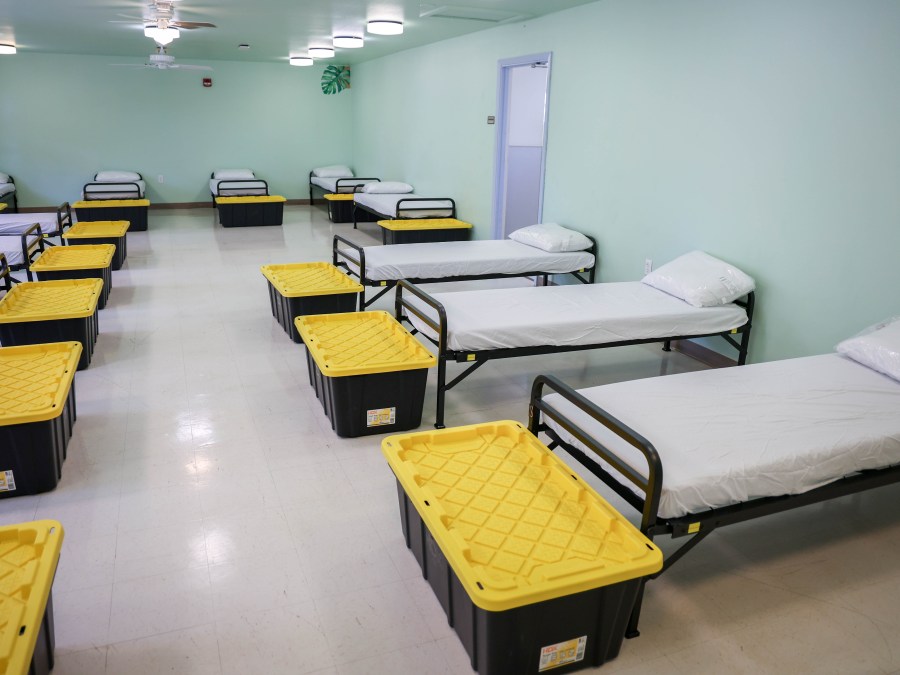Brazil’s financial world experienced a shock on December 18, when the country’s currency, the real, fell 2.8% — hitting an all-time low of 6.2 reais per $1 (6.5 per €1) and shedding almost a quarter of its value over the year.
The crash triggered frantic activity in the offices of Brazilian banks and the government of the left-wing president, Luiz Inacio Lula da Silva.
In the days before the meltdown, Brazil’s central bank had repeatedly intervened in currency markets to stem the slide but largely failed to stop the bleeding.
Economists say the real’s weakness, which will increase the costs of imports, could trigger inflation, and put further pressure on the currency.
Brazil’s fiscal woes mounting
The gradual devaluation of the real over 2024 is the result of global investors growing increasingly concerned about the Brazilian economy’s structural problems and the fiscal remedies offered by Lula’s government.
The national minimum wage, for example, has fallen to the equivalent of just $251 (€240.79) — effectively half of the purchasing power under the presidency of Dilma Rousseff from 2011 to 2016, who was also known for her left-wing economic policy.
At the same time, Brazil’s national debt is rising again, undoing debt reduction to 72% of gross domestic product (GDP) achieved by Lula’s archconservative predecessor, Jair Bolsonaro, Felipe Rodrigues, an economist from the Universidade Federal Fluminense, told DW.
“Now, the GDP-debt ratio is approaching historical highs as we’ve reached almost 78%,” Rodrigues said.
He said the increase in debt was alarming and must be curbed by cutting government spending.
Conflicting signals on fiscal policy
In November, Lula’s government announced a long-awaited program to rein in public spending, including earnings caps for public-sector workers. At the same time, Finance Minister Fernando Haddad promised extensive tax cuts for low- and middle-income workers. Investors took the announcement as proof of insufficient commitment to fiscal discipline.
The government has “massively underestimated social spending,” Rodrigues said, pointing to a budget gap of an estimated 80 billion reais.
Moreover, Rodrigues said, rising government expenditure, including the financing of a total of 40 ministries under the Lula administration, is sending “the wrong signal.”
Gilvan Bueno, a financial analyst with experience in the Brazilian banking sector, told CNN Money that the issue would be difficult to solve because the government “neither has a plan nor a budget” to address these problems. He said Brazil “spends more than it earns” and needs to become “more efficient and introduce reforms.”
Inflation begins to bite amid currency depreciation
Ordinary Brazilians are beginning to feel the pinch of sharply rising prices fueled by inflation. According to official figures, Brazil’s inflation rate stood at 4.83% in 2024, exceeding the central bank’s target of 4.5%.
Many people blame the government for their higher costs of living. As a result, Lula’s approval ratings have fallen. A recent poll by the weekly magazine Veja shows that only 27% of the population rated the first two years of Lula’s presidency positively.
Lula’s decline in popularity coincided with a national scandal over social benefit payments that had been used by recipients for online gambling.
Under a program called Bolsa Familia, the government makes direct cash transfers to Brazil’s poorest households. It costs the government about $31 billion annually, representing 1.5% of Brazil’s GDP.
In autumn, Brazil’s central bank revealed that about $550 million in bets had been placed in August alone by Bolsa Familia recipients. Even though Lula’s government immediately announced measures to prevent such gambling, many Brazilians have come to perceive the scandal as a symbol of the government’s lack of control over social and financial policy.
Bitter pills to dole out
Bueno said Brazil’s debt problem, which he sees peaking in 2030, would require urgent action including spending cuts and the national minimum wage rising more moderately.
According to official data, about 59 million Brazilians earn wages tied to the minimum wage level, and approximately 19 million retirees receive the current minimum wage level of 1,518 reais as a pension.
Felipe Salto, chief economist at Warren Investimentos financial consultancy based in Porto Alegre, told DW that fiscal measures must have “priority” over monetary-policy measures such as central bank intervention to stabilize the Brazilian currency.
Apart from bringing national debt “back into balance with GDP,” he said, greater fiscal efforts must be made to “help reduce risk perception” and soothe investors’ concerns “regarding the country’s ability to generate sufficient primary results.”
This article was originally written in German.
#Brazils #currency #depreciation #haunt #Lula











Leave a Reply